As of 3 April 2025, Spain officially waves adiós to its Golden Visa programme—a residency-by-investment scheme that’s been in place since 2013. For over a decade, it offered non-EU nationals a fast-track route to Spanish residency by purchasing property worth half a million euros or more. Not exactly a budget holiday home.
Now retired, the programme’s closure signals a shift in Spain’s economic and immigration priorities. Whether you’re already living under the sun or considering a move, here’s what this change could mean for expats, investors, and everyone in between.
What was the Golden Visa—and why is it ending?
Born out of the 2008 financial crisis, the Golden Visa aimed to attract foreign capital through real estate. In exchange for a minimum €500,000 property investment, non-EU citizens gained:
- Residency for themselves and close family
- Freedom of movement across the Schengen Zone
- No requirement to spend much (or any) time in Spain
Popular with buyers from Russia, China, and the U.S., the scheme was undeniably lucrative. But over time, critics raised concerns:
Was it inflating housing prices?
Did it really benefit the economy beyond luxury real estate?
With similar programmes already scrapped in countries like Portugal and Ireland, Spain has followed suit—retiring the scheme as part of a broader move towards inclusive, innovation-led investment.
Economic implications: two sides of the story
💡 Potential benefits
- Housing accessibility: Ending the programme could ease price pressures in hotspots like Costa Blanca, Costa del Sol, the Balearics, Madrid and Barcelona..
- Investment diversification: Funds may now flow into technology, green energy, and infrastructure—sectors with broader economic impact.
- Policy focus: The shift supports Spain’s ambition to foster a more sustainable and socially balanced economy.
🤔 Possible drawbacks
- Loss of capital inflow: At its peak, the Golden Visa generated over €1 billion a year. That revenue stream now disappears.
- Luxury real estate slowdown: High-end markets may cool, especially in coastal areas popular with international buyers.
- Investor caution: Some may view the abrupt change as a risk to policy stability—a key consideration for long-term investment.
What are the options for non-EU citizens now?
Though the Golden Visa is gone, Spain still offers several routes to residency:
🧑💼 Entrepreneur Visa
For those with bold business ideas in fields like ICT, renewable energy, or biotech. To qualify, you’ll need:
- An innovative business plan
- Proof of funds
- A proposal likely to create jobs
Applications are reviewed by ENISA, Spain’s entrepreneurship agency—so best come prepared.
🏖️ Non-Lucrative Visa
Designed for retirees or those with passive income. You can live in Spain—sip sangria, enjoy the siestas—but working is off the table.
💻 Digital Nomad Visa
Launched recently to welcome remote workers. If your clients are abroad but your heart’s in any of Spain’s coastline regions, this might just be your ticket.
Check here how to establish yourself as a digital nomad in Spain>.
Looking ahead: where is Spain heading?
It’s still early days, but this policy change may reflect Spain’s long-term ambitions:
- Supporting innovation-led growth
- Tackling housing affordability
- Attracting residents who contribute beyond property purchases
Of course, any major change brings uncertainty. The true impact—positive or otherwise—will take shape over the coming years.


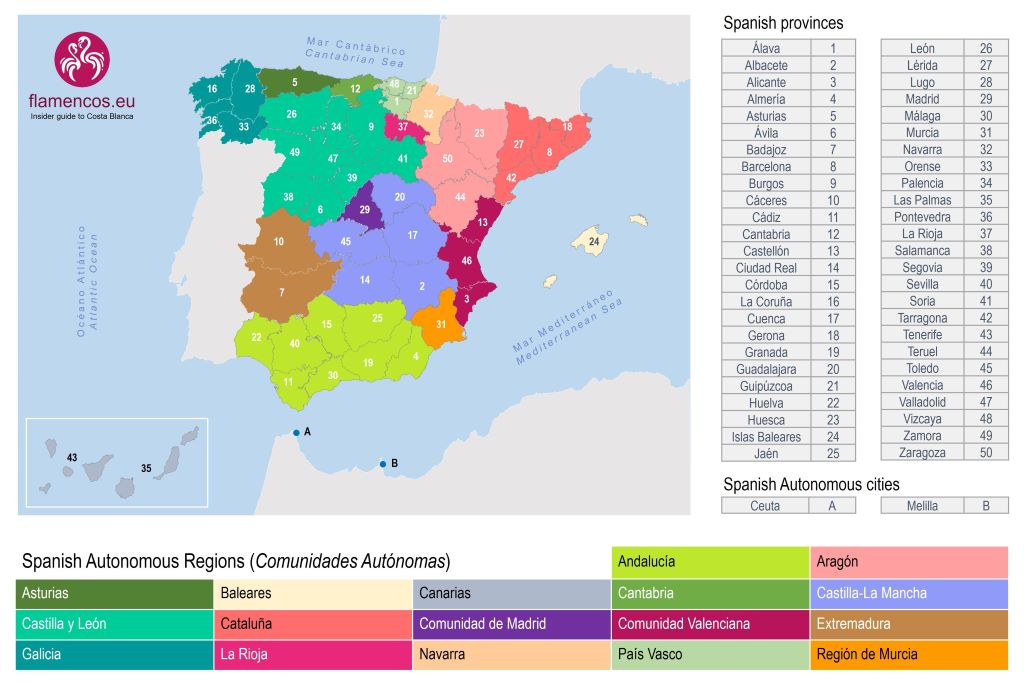
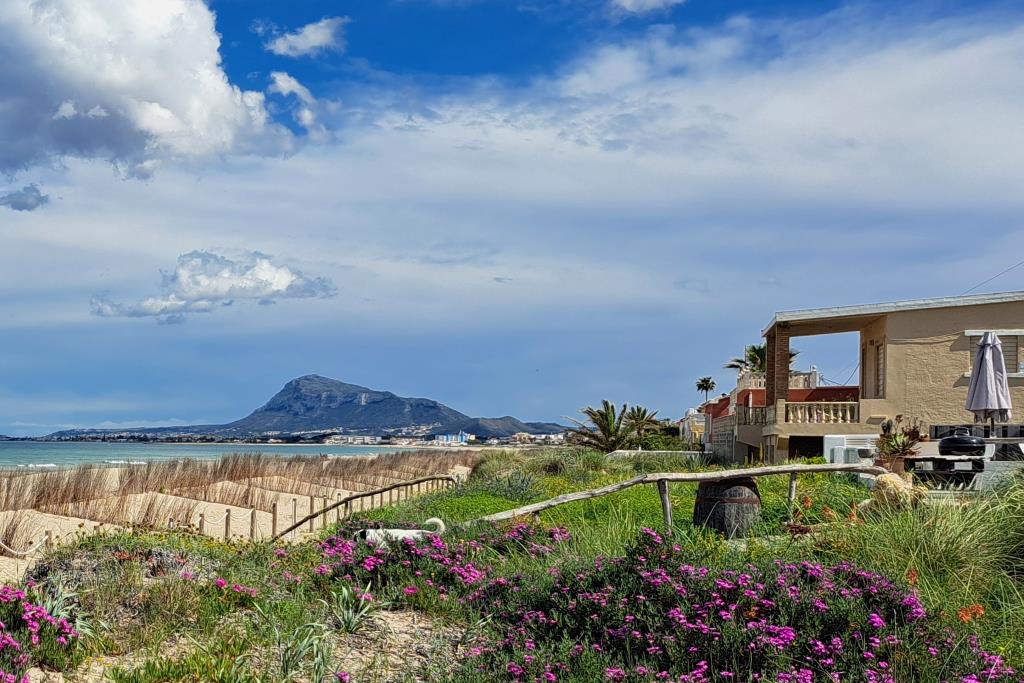
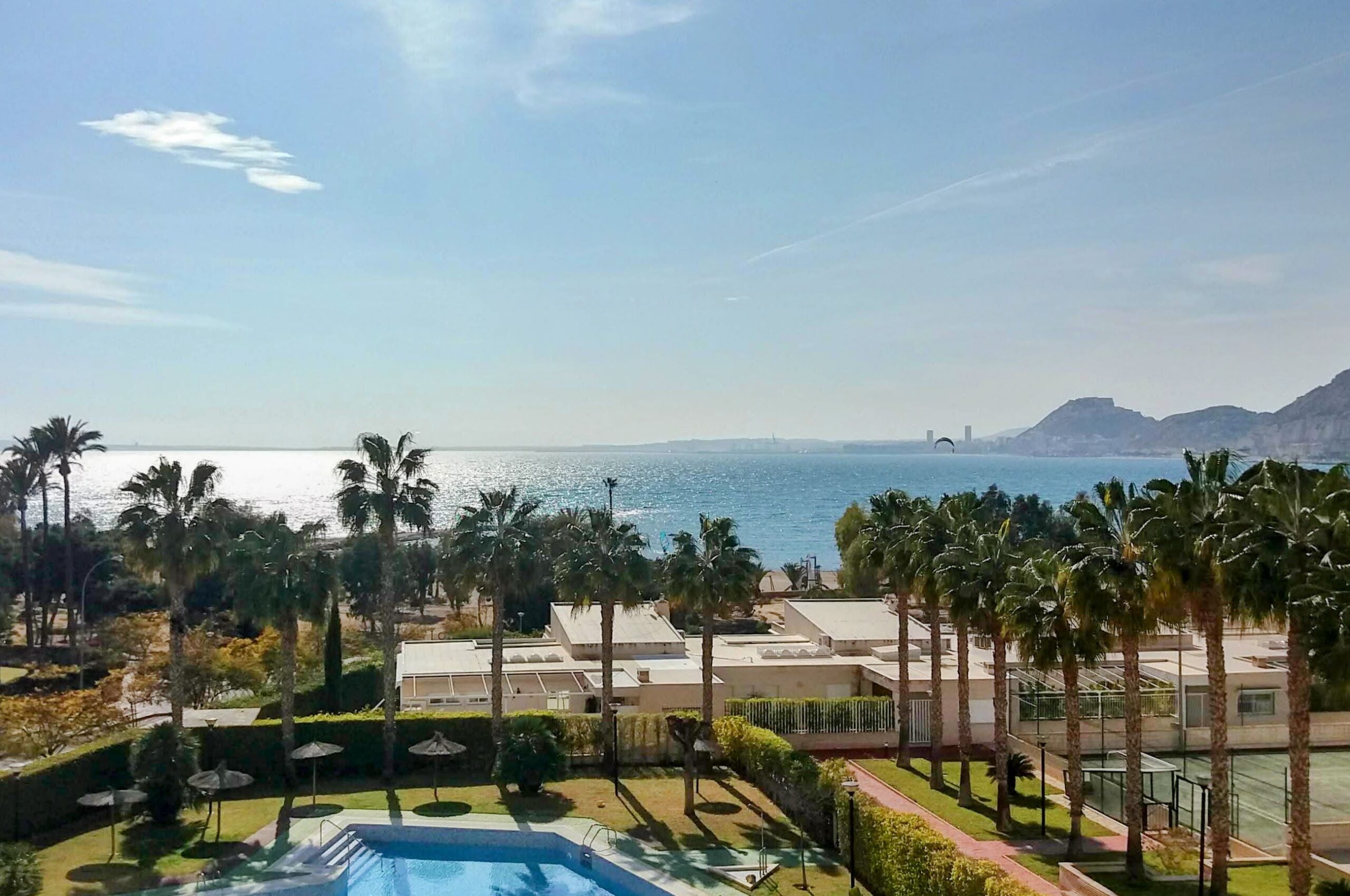
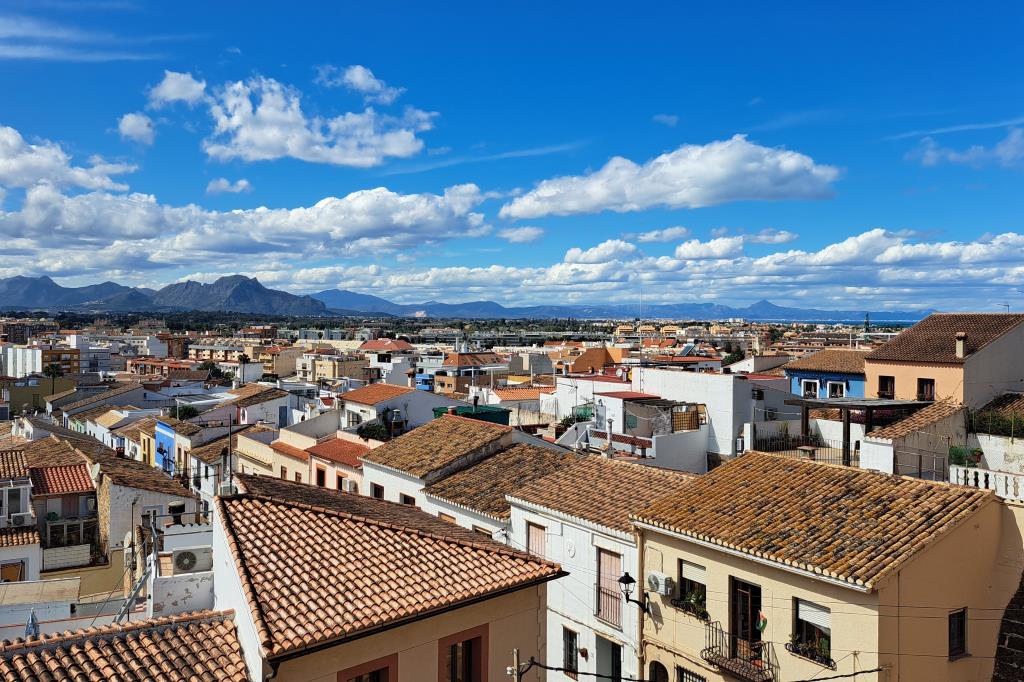


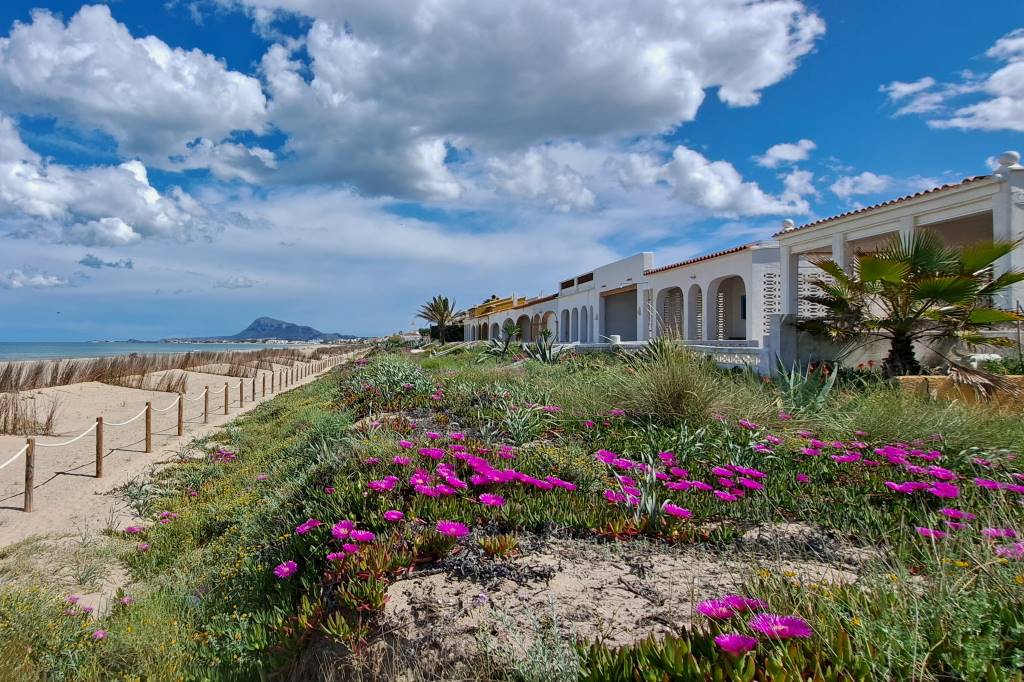

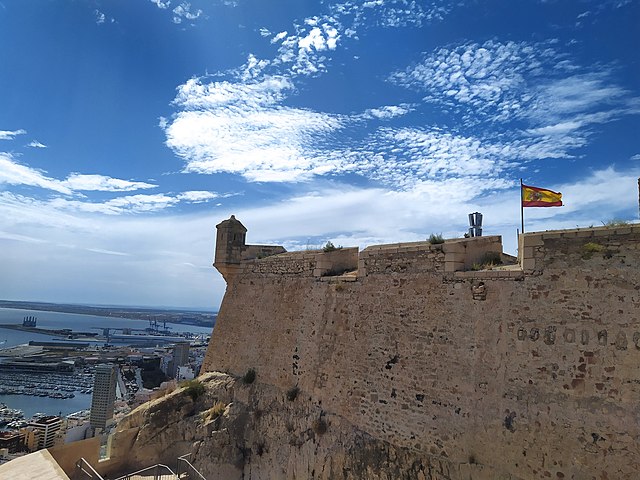
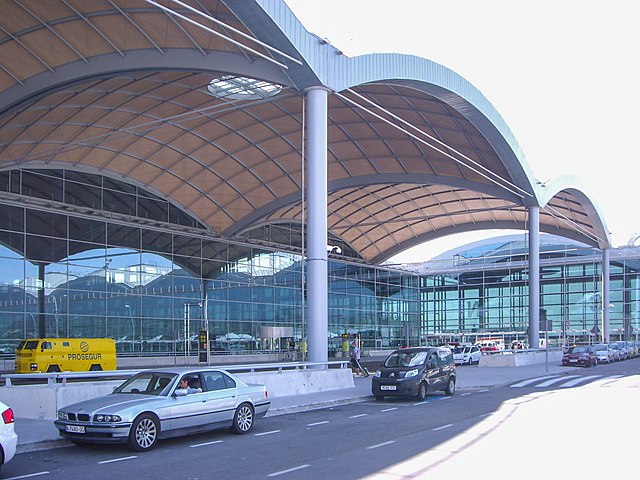
Leave a Reply
You must be logged in to post a comment.